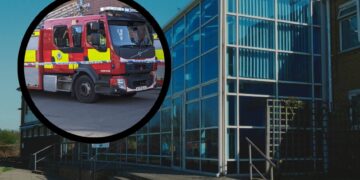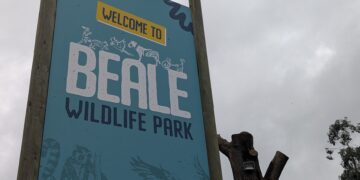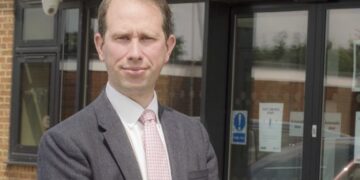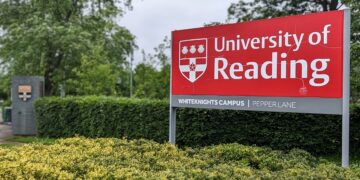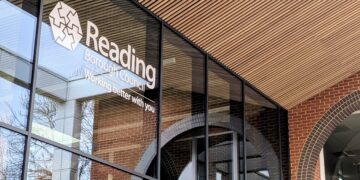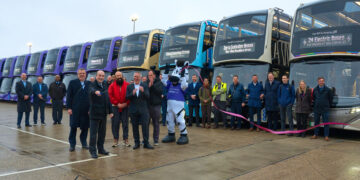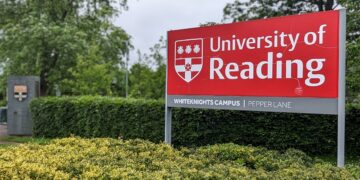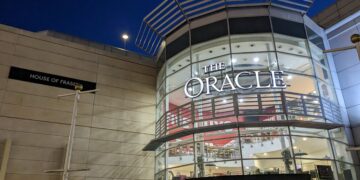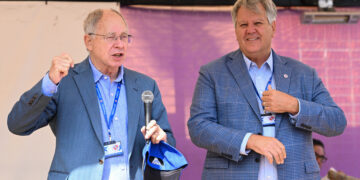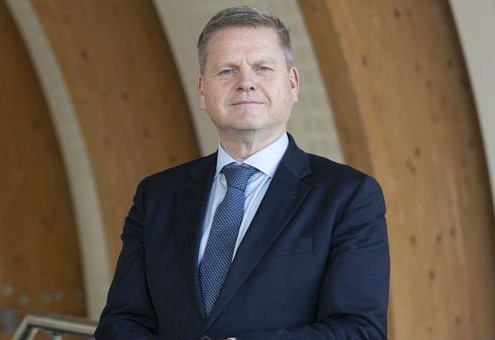A big part of university life is fundamentally about work. We help people gain the skills they need to progress their chosen careers, in a world in which knowledge is the key resource for success.
Universities also play a key role in their local areas, helping to match people with businesses and organisations, helping to provide the pipelines of talented people they need.
Last month, the University of Reading brought together some of the region’s most influential figures to address this challenge for Reading, Wokingham and the wider Thames Valley, ensuring our young people have the skills they need for tomorrow’s jobs.
The Future Skills Roundtable, chaired by the University’s Chancellor Paul Lindley, welcomed business leaders, educators, and policymakers to discuss how our area can stay ahead in a rapidly changing world. Among the attendees was Sir David Bell, former Vice-Chancellor of Reading, now leading the University of Sunderland, and now Vice-Chair at a new body, Skills England.
The message was clear. The skills our children and grandchildren need are changing faster than ever before. From artificial intelligence to green technologies, employers are crying out for workers who can adapt, problem-solve, and hit the ground running.
This isn’t just about getting a degree anymore. It’s about learning how to learn, gaining real workplace experience, and developing the soft skills that make someone truly employable. Universities like Reading are working hard to embed these elements throughout their courses, but they can’t do it alone.
The good news is that our region has incredible strengths to build on. Reading and Wokingham sit in one of Britain’s most productive and innovative areas, home to tech companies, research facilities, and forward-thinking businesses. The University already partners with local employers like RSSL and the Thames Valley AI Hub to design courses that reflect what the workplace actually needs.
What’s needed is a stable framework that still allows flexibility. When AI can transform an industry in months rather than years, our education and training systems need to keep pace without constant rule changes undermining confidence and investment.
For our area, this matters directly. Whether you are a parent thinking about your child’s future, a business owner struggling to find skilled workers, or someone considering retraining and starting on a new career path, these discussions shape the opportunities available in our community.
The University of Reading has committed to leading this agenda, not just for its own students but for the wider prosperity of our region. With regular discussions planned between local partners, there is a real determination to turn talk into action.
Our area’s success has always been built on innovation and collaboration. By working together across education, business, and government, we can ensure the Thames Valley remains a place where skills, jobs, and opportunity thrive for generations to come.
By Prof Robert Van de Noort

